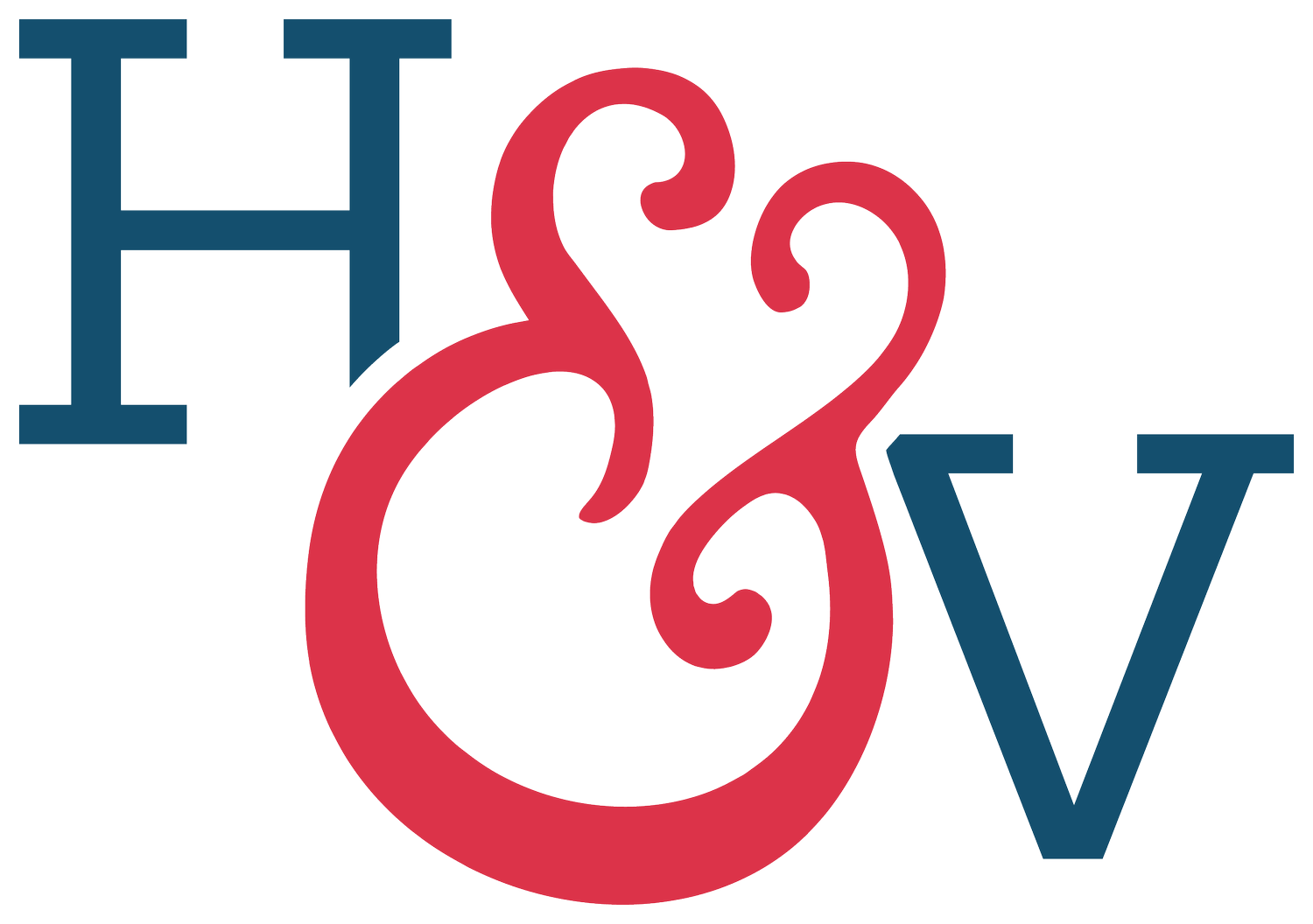Staying Hydrated for Heart Health: Finding the Balance
Hydration plays a vital role in our overall health, regardless of the season. Our bodies rely on water for many critical functions. It cools the body, lubricates joints, aids in digestion, and transports nutrients to our cells. In the context of heart health, hydration takes on even more significance.
Dehydration can lead to a lower blood volume, which forces the heart to work harder to pump blood, potentially increasing the heart rate and leading to heart disease. Conversely, staying hydrated helps maintain a healthy heart rate and blood pressure.
Contrary to popular belief, you may not need to drink eight glasses or a gallon of water a day. The amount of fluid you need depends on various factors, including age, activity level, and general health. As a guideline, older adults generally need about 7-8 cups of fluids per day.
You might be thinking, "That's a lot of water!" But it doesn't have to be plain water. There are many ways to stay hydrated. Try infusing water with slices of fruits like strawberries, cucumbers, or lemons. Sip on herbal teas, or snack on water-rich foods like cucumbers and watermelons. These alternatives all count towards your daily fluid intake and offer a fun way to stay hydrated.
But remember, hydration is about balance. Drinking too much water can lead to a condition called hyponatremia, where the body's sodium levels drop dangerously low.
How do you know if you're striking the right balance? Thirst isn't always the best indicator, especially as we age. A better measure is the color of your urine, which should be light yellow.
Warning signs of dehydration include dry mouth, fatigue, dark urine, headaches, and dizziness. Over-hydration symptoms, though less common, include nausea, headache, confusion, or seizures. If you experience these symptoms, seek medical attention immediately.
Hydration isn't about the quantity, but the quality and variety of fluids we consume. It's about finding a balance and listening to our bodies. By maintaining good hydration habits, we can help keep our hearts healthy and our bodies functioning optimally.
Always remember to consult your healthcare provider before making significant changes to your diet or lifestyle.

